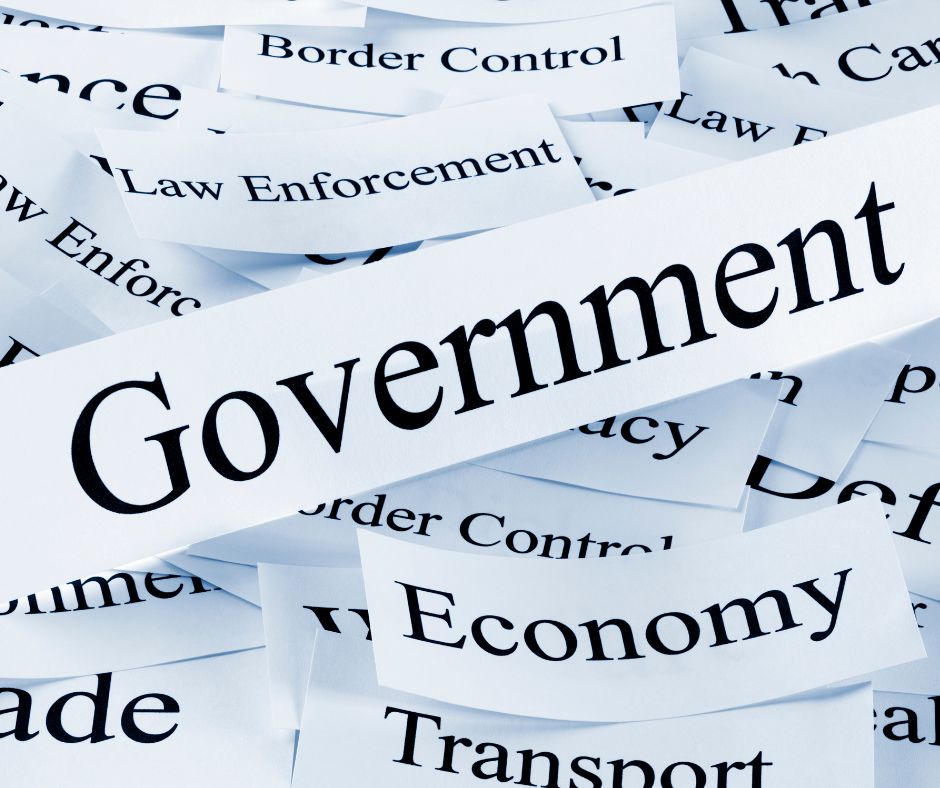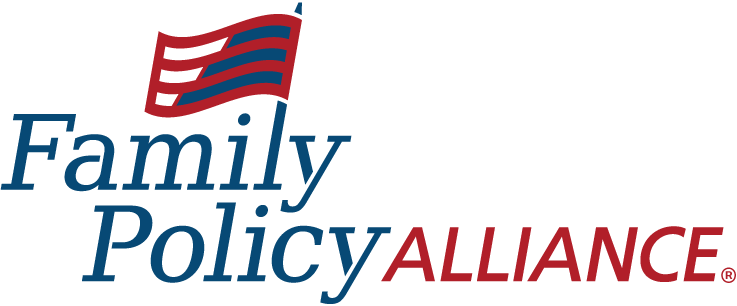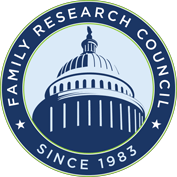In this two-part series, we will examine the six basic questions about the nature or design of government: (1) its essence, (2) its purpose, (3) its functions, (4) its types, (5) its place in society, and (6) its laws. These six questions will help you form a philosophy or worldview of government.
1. Essence: What is the essence of government?
-
- Organized Force, aka “a monopoly of organized force”: It is the role of force, or the threat of violence, in society — cf. Romans 13:4, government “bears the sword.” It is a tool for society.
- Government itself has nothing. What it has it takes (e.g., taxes), borrows, or prints.
- Government is not like a business that sells innovative products in order to make money by voluntary exchange with customers.
- Government is not like a charity that asks people for voluntary donations.
- Organized Force, aka “a monopoly of organized force”: It is the role of force, or the threat of violence, in society — cf. Romans 13:4, government “bears the sword.” It is a tool for society.
2. Purpose: What is the purpose of government?
History offers us three common answers:
-
- Care Giver: to meet basic needs, i.e., to take wealth from some citizens, keep a portion for the government itself, and then redistribute the rest of the money to others in need.
- Protector: to protect our basic rights — such as the right to life and private property. “Thou shalt not murder” assumes a value and dignity upon every human life, and “Thou shalt not steal” assumes private property.
- Moral Tutor: to use force in order to foster virtue (good habits) in citizens, such as forbidding some foods or reading material, and giving incentives for other types of behavior.
- Care Giver: to meet basic needs, i.e., to take wealth from some citizens, keep a portion for the government itself, and then redistribute the rest of the money to others in need.
The Founding Fathers tended to support the answer of Protector. For example, Thomas Jefferson’s pen of thunder echoes such themes in The Declaration of Independence (1776):
. . . they are endowed by their Creator with certain unalienable Rights, that among these are Life, Liberty and the pursuit of Happiness. — That to secure these rights, Governments are instituted among Men, deriving their just powers from the consent of the governed, — That whenever any Form of Government becomes destructive of these ends, it is the Right of the People to alter or to abolish it, and to institute new Government . . .
On such a view from Jefferson, the English political philosopher John Locke, and others, these natural rights to life, liberty, and property are unalienable (absolute) rights because they originate from an absolute source (God), rather than merely from imperfect, fallen human society or government. Such basic rights do not come from government. For examples of these three rights, see the U.S. Constitution, Amendment V: “No person shall . . . be deprived of life, liberty, or property, without due process of law.” In sum, government exists to protect our rights, not violate our rights.
3. Functions: What are the main functions of government?
-
- Welfare and warfare: Government is essentially the use of force in regards to welfare and warfare.
- Welfare defined broadly means taking money from some people and giving it to others, e.g., domestic programs, medical care, unemployment, government schools, government roads, anti-racism programs, etc.
- Warfare defined broadly means taking money from some people and using it for the military, the police, and similar types of programs.
Check back next week for the final three questions regarding the nature and design of government: (4) its types, (5) its place in society, and (6) its laws.







